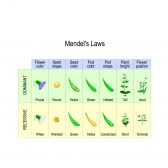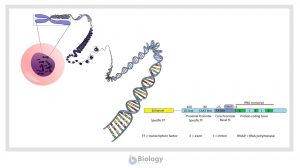sequester
1. To separate from the owner for a time; to take from parties in controversy and put into the possession of an indifferent person; to seize or take possession of, as property belonging to another, and hold it till the profits have paid the demand for which it is taken, or till the owner has performed the decree of court, or clears himself of contempt; in international law, to confiscate. Formerly the goods of a defendant in chancery were, in the last resort, sequestered and detained to enforce the decrees of the court. And now the profits of a benefice are sequestered to pay the debts of ecclesiastics. (Blackstone)
2. To cause (one) to submit to the process of sequestration; to deprive (one) of one’s estate, property, etc. It was his tailor and his cook, his fine fashions and his french ragouts, which sequestered him. (south)
3. To set apart; to put aside; to remove; to separate from other things. I had wholly sequestered my civil affairss. (bacon)
4. To cause to retire or withdraw into obscurity; to seclude; to withdraw; often used reflexively. When men most sequester themselves from action. (hooker) A love and desire to sequester a man’s self for a higher conversation. (bacon) 5. (Chem) To bind, so as to make metal ion unavailable in its normal form; said of chelating agents, such as eDTA, which, in a solution, bind tightly to multivalent metal cations, thereby lowering their effective concentration in solution. Compounds employed particu
a48
larly for this purpose are called sequestering agents, or chelating agents. In biochemistry, sequestration is one means of reversibly inhibiting enzymes which depend on divalent metal cations (such as magnesium) for their activity. Such agents are used, for example, to help preserve blood for storage and subsequent use in transfusion.
1. Sequestration; separation.
2. A person with whom two or more contending parties deposit the subject matter of the controversy; one who mediates between two parties; a mediator; an umpire or referee.
3. (Science: medicine) same as sequestrum.
Origin: F. Sequestrer, L. Sequestrare to give up for safe keeping, from sequester a depositary or trustee in whose hands the thing contested was placed until the dispute was settled. Cf. Sequestrate.
Dictionary > Sequester
You will also like...

Mendel’s Law & Mendelian Genetics
One of Mendel’s law of inheritance is the “law of dominance”. Read this tutorial to know more about this form of i..

Ecosystem Succession
If the balance of nature is left untouched, landscapes can change dramatically over time. A previous ecosystem is supers..

ATP & ADP – Biological Energy
ATP is the energy source that is typically used by an organism in its daily activities. The name is based on its structu..

Gene Regulation in Eukaryotes
Learn about the general structure of a eukaryotic gene, the transcription factors, and post-transcriptional regulation....

Soils
Nutrients in the soil are essential to the proper growth of a land plant. This tutorial deals with the properties of soi..

Neural Control Mechanisms
Neurons generate electric signals that they pass along to the other neurons or target tissues. In this tutorial, you wil..

